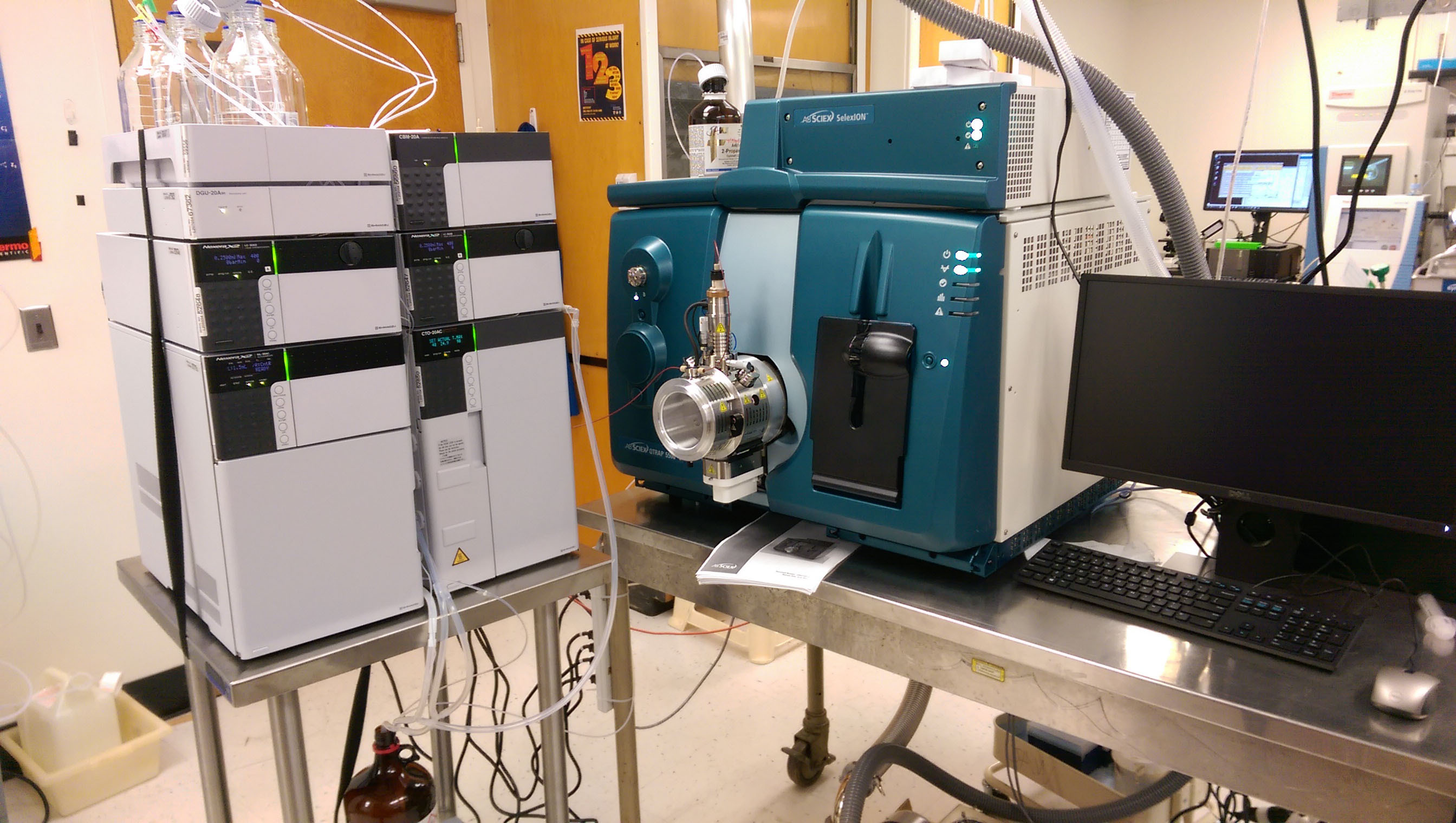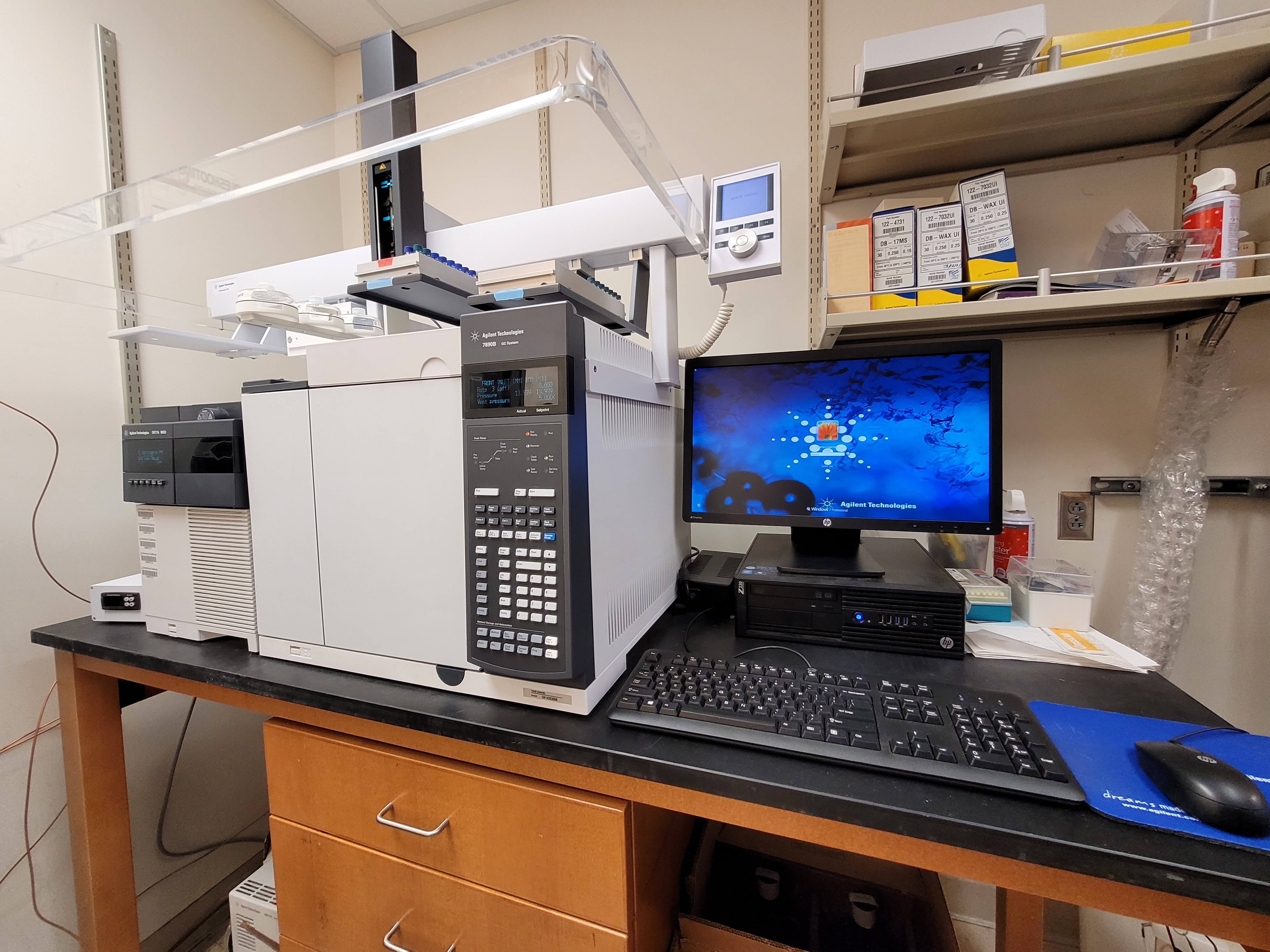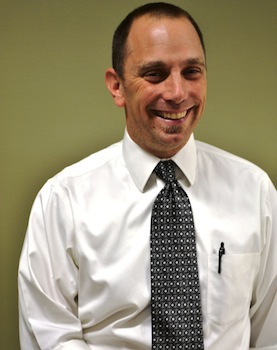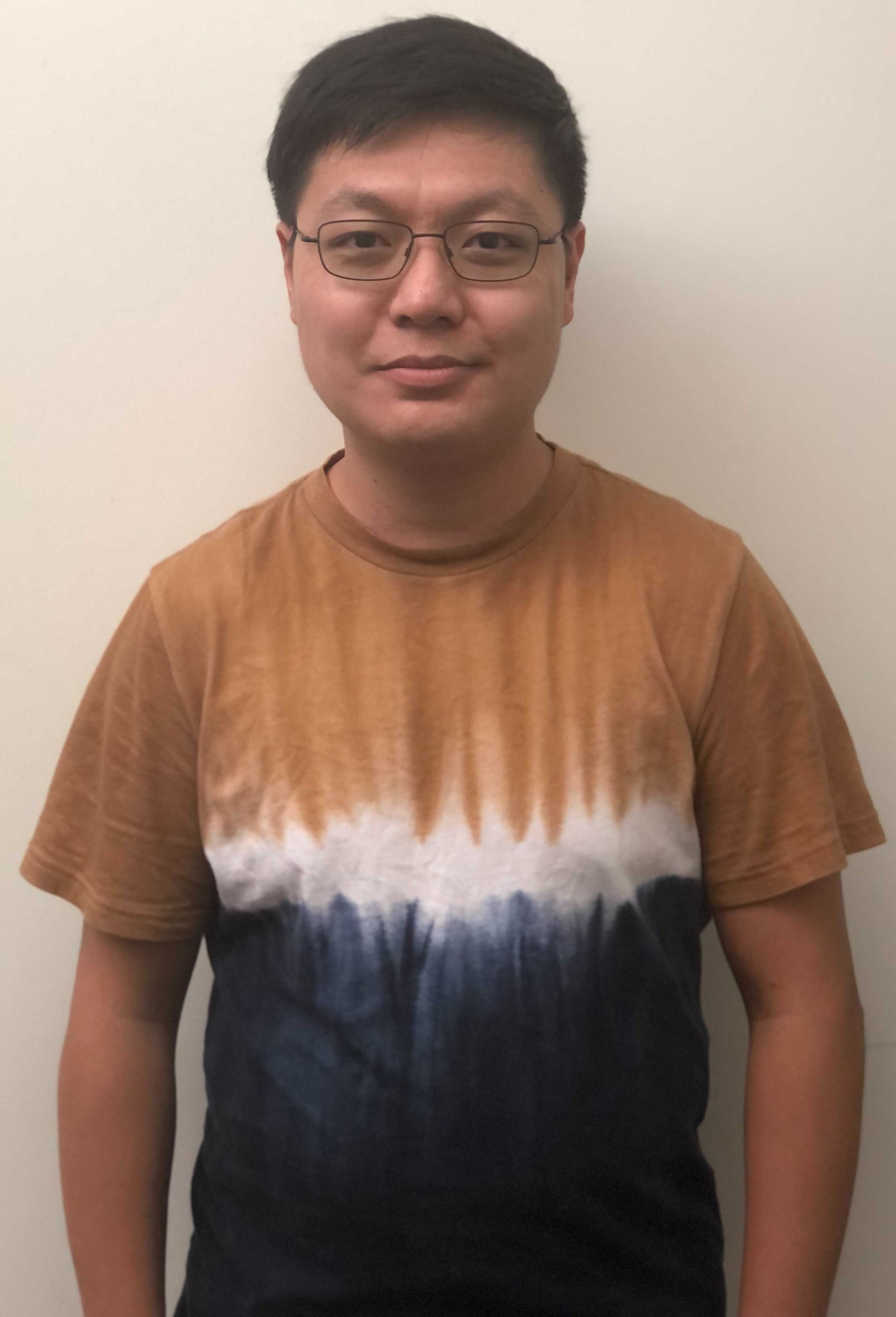To provide the highest quality of quantitative lipid measurements from biological samples including cells, tissue, serum, and media. The lab offers automated sample preparation and two distinct mass spectrometry platforms which afford a variety of specific services, ranging from shotgun lipidomics to isotope labeling and mathematical modeling of lipid flux parameters. Our full service lab provides data analysis and consultation services which provide users with accurate analysis of lipid metabolic parameters.


Shotgun Lipidomics
This is a mass spectrometry-based approach that involves direct infusion of lipid samples into the AB SCIEX Lipidyzer Platform: a SCIEX 5500 triple-quadrupole (QQQ) with a Shimadzu auto-sampler configured for direct infusion experiments, SelexION ion mobility device, and Shimadzu LC. Backend analysis is performed using Sciex proprietary Lipidyzer software. When combined with SCIEX’s proprietary lipids standard sets, this instrument can provide accurate, quantitative measurements of over 1000 lipid species across 13 lipid classes within a biological sample.
Compositional Analysis
This assay quantitatively measures the fatty acid and cholesterol composition of a biological sample. In Situ derivatization breaks up complex esterified lipids into constituent fatty acids and cholesterol, which can be measured by Gas Chromatography/Mass Spectrometer. The assay is performed on an Agilent 7890B/5977A GC-MS. The assay is compatible with stable isotope labeling. Data analysis utilizes the mathematical modeling-based isotopic spectral analysis (ISA) method to provide estimations of flux and lipid synthesis rates, as well as calculating the contribution of carbon sources to the Acetyl-CoA pool.

Director of Lipidomics Core

Project Scientist
Scientific Director of UCLA Lipidomics Laboratory
UCLA Department of Biological Chemistry
Kevin Williams received his B.S. from Boston University, majoring in biochemistry and molecular biology. Kevin’s undergraduate research was focused on understanding mechanisms of bulky adduct mutagenesis. Kevin earned a Ph.D. at the University of California, Los Angeles in the laboratory of Stephen Smale, an expert in gene regulation during the inflammatory response. Kevin’s thesis examined the role of NF-κB family members in the regulation of genes involved in coordinating innate and adaptive immune responses.
Kevin joined the Bensinger laboratory in fall of 2009, and has applied his expertise in gene regulation towards understanding the influence of lipid metabolism on brain cancer biology. Specifically, he is focused on understanding how the 1) Sterol Regulatory Element Binding Proteins (SREBP) transcriptionally regulate metabolism and growth potential in glioma and 2) determining if this pathway can be targeted to provide novel therapeutic approaches for glioma. In 2017, Dr. Williams became the Scientific Director of UCLA Lipidomics Laboratory.

Data Analyst
For inquiries please contact Dr. Williams.
Kevin Williams, Ph.D.
Scientific Director
lipidomics@mednet.ucla.edu
UCLA Lipidomics Core
UCLALipidomics.net